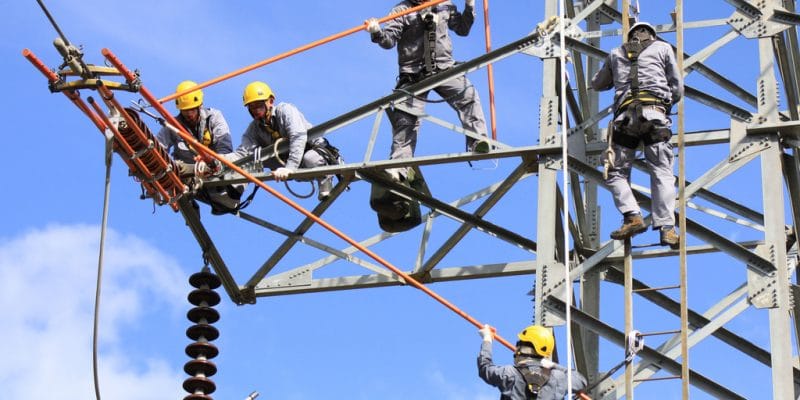In Mali, the government wants to strengthen electricity transmission capacity. It recently launched the construction of a high-voltage line that will link the cities of Sikasso, Bougouni, Sanankoroba and Bamako, the capital of this West African country. The 225 kV line will extend over a distance of 398 km. The project is being implemented by Kalpa Taru Power Transmission, with financing from Exim Bank of India and the Ecowas Bank for Investment and Development (EBID).
Construction work on the Sikasso-Bougouni-Sanankoroba-Bamako high-voltage line began on October 23th, 2020. It was launched by the Malian Minister of Mines, Energy and Water, Lamine Seydou Traoré. The 225 kV power transmission line will extend over 398 km and will be equipped with 225 kV high and low voltage transformer stations.
This “crucial” project, according to the government of Mali, will extend the capacity of the country’s electricity transmission network, thus reducing load shedding during periods of high heat in the capital Bamako and in the other target areas of the project. “More than 100 villages will benefit from electricity thanks to this project. The construction of the high-voltage line will also help create jobs for young people,” says Lamine Seydou Traoré, Mali’s Minister of Mines, Energy and Water.
Improving electricity exchanges with neighbouring countries
The construction of the future high voltage line should promote the development of rural electrification in this West African country. Its implementation should also give more weight to Mali in the programme of electricity exchanges with neighbouring countries.
The Sikasso-Bougouni-Sanankoroba-Bamako high-voltage line construction project will be implemented for 24 months by Kalpa Taru Power Transmission Limited. The Indian company was selected following a call for tenders issued to Indian companies. The Malian State will finance the works through several loans totalling 80.7 billion CFA francs, i.e. more than 12 billion euros. Exim Bank of India has already allocated 50 billion CFA francs (more than 76.2 million euros) to the project. The rest of the funds have been divided between the Investment and Development Bank of Ecowas (BIDC) with 25 billion CFA francs (more than 38.1 million euros) and the Malian State with 5,700 billion CFA francs (almost 7.7 million euros).
Inès Magoum







